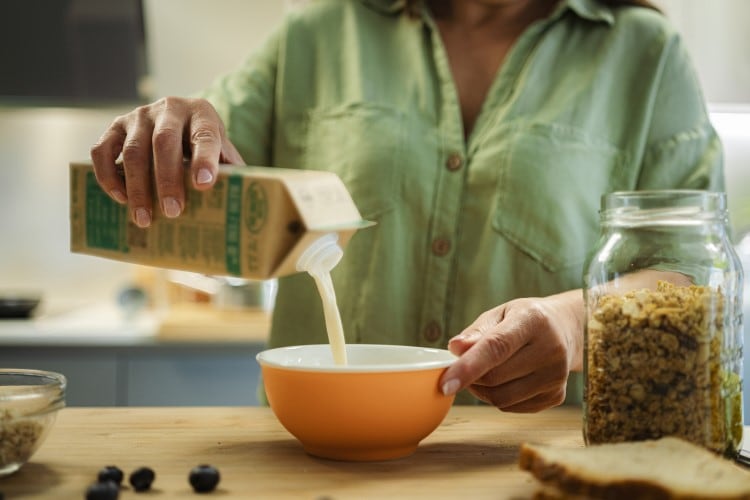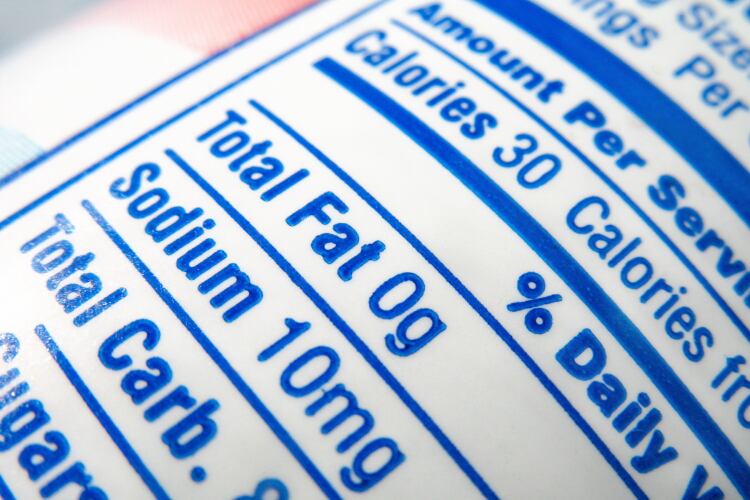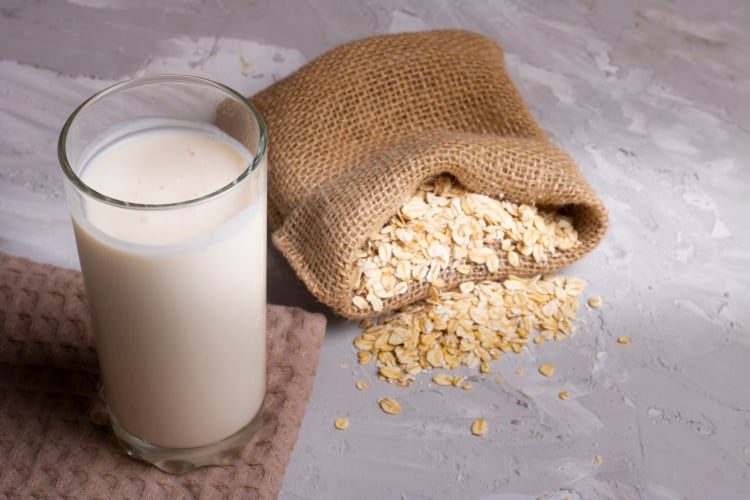Part of the company’s range of lactase enzymes, Maxilact Next is said to reduce hydrolysis time by a quarter in comparison to existing solutions, without affecting taste. This could enable manufacturers to optimize production, increase capacity and use raw materials more efficiently.
Besides creating lactose-free products, the lactase can enhance sweetness naturally, since lactose is broken down into monosaccharides, glucose and galactose. This can support ‘no added sugars’ formulations at no extra cost, the company told us.
Rodolfo Garza, Global Business Development Manager Milk & Plant-Based Alternatives at DSM-Firmenich, said the product is the ‘fastest, pure lactase on the market’, adding: “With this latest launch, we can help lactose-free dairy producers reduce hydrolysis time by an extra 25%, when dosed at the same level as the previous fastest lactase on the market.
“This is a huge time saving meaning this cost-effective solution can lead to multiple benefits throughout a producer’s supply chain. By reducing the hydrolysis time, manufacturers can start playing with dosage, manufacturing timings, storage and capacity. With this flexibility, manufactures can benefit in a number of different ways, depending on what’s important to each individual producer.”
Asked how the market for lactose-free dairy products is growing compared to inherently dairy-free segments such as plant-based alternatives, Garza told us DSM-Firmenich research shows the lactose-free dairy segment is projected to double between 2022-2026, exceeding a value of €10.6bn/$11.3bn. “There is room for the lactose-free, plant-based and traditional dairy sectors to grow and we offer solutions for all,” he told us. “We’re seeing many plant-based consumers enjoy a mix of dairy and non-dairy products so it’s important that both of these categories have options for the wide-range of allergies and dietary requirements.”



